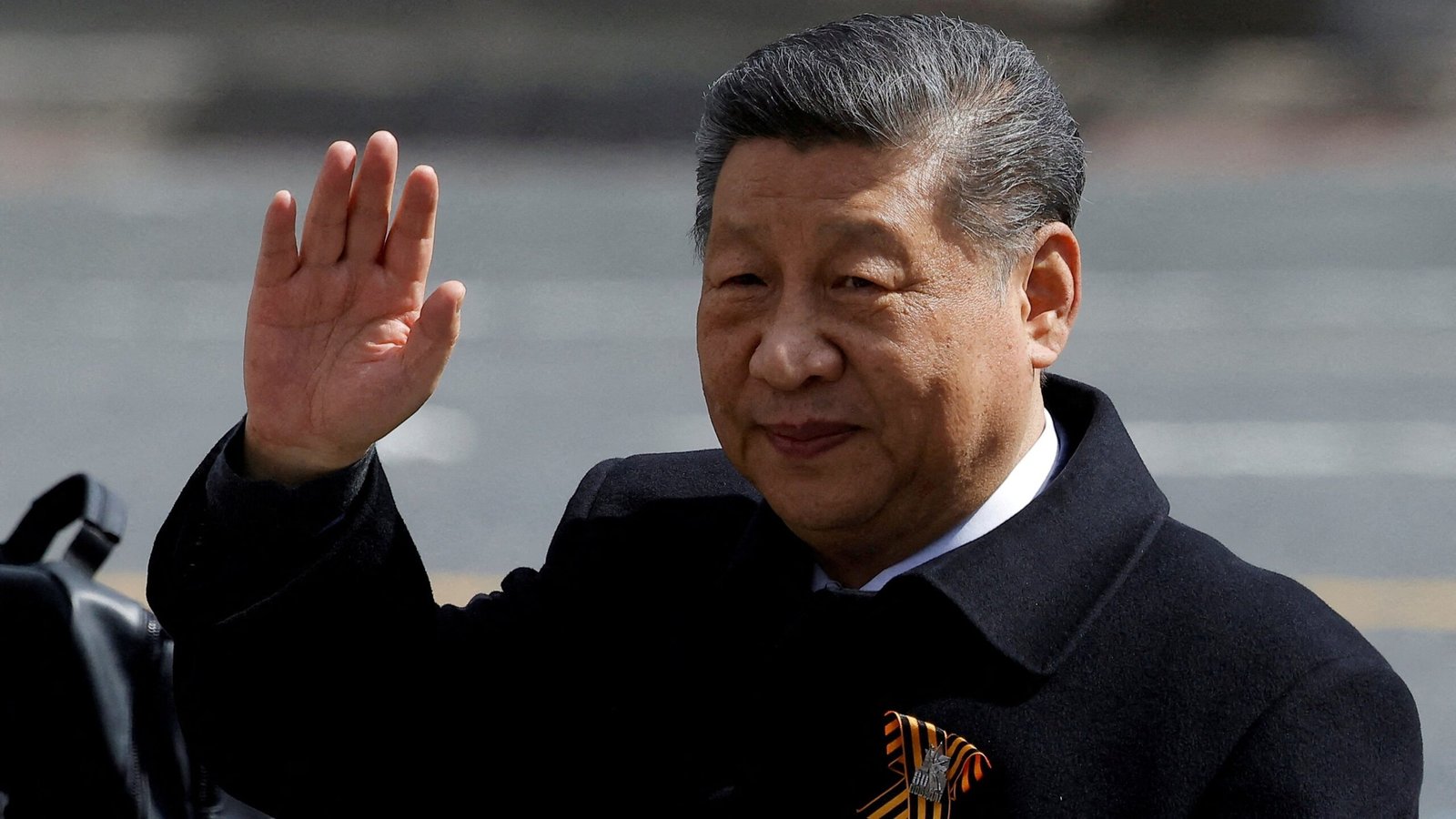Xi Jinping Warns Against China’s Overinvestment in EVs and AI: A Call for Balanced Growth
Introduction
As one of the world’s largest economies, China’s approach to technological innovation and investment heavily influences global markets. Recently, President Xi Jinping raised concerns about the country’s rampant investment in two sectors poised for exponential growth—electric vehicles (EVs) and artificial intelligence (AI). His warning comes amidst a backdrop of fierce competition, both internationally and domestically, in these fast-evolving fields. But what does this mean for the future of these industries in China, and why is there a call for caution?
The Boom of Electric Vehicles and Artificial Intelligence
The Rise of EVs
Electric vehicles have become a symbol of progress in the realm of sustainable energy. In China, the shift toward electric mobility has been accelerated by government subsidies, environmental regulations, and a booming local manufacturing base. As of 2023, China is the largest market for EVs globally, with companies like BYD, NIO, and Xpeng leading the charge.
AI: The New Frontier
Artificial intelligence, on the other hand, is touted as the next revolutionary technology that could reshape industries and redefine economic landscapes. China aims to become a global leader in AI by 2030, fueled by extensive government investment and a vast trove of data generated by its massive population. Efforts to achieve this include developing AI applications in sectors ranging from healthcare to finance and smart cities.
China Already Uses AI for Animated Film Adaptations — Is Labubu Next?The Warning: Overinvestment on the Horizon
Economic Imbalances
Xi Jinping’s warning about overinvestment in EVs and AI stems from concerns about economic imbalances. While both sectors are crucial for the future, there’s a fear that unchecked investment could lead to unsustainable market conditions. For instance, a rapid influx of new players in the EV industry may lead to fierce competition, resulting in a collapse of weaker companies. Such a scenario would drain capital resources and disrupt supply chains, ultimately harming the industry instead of fostering it.
Innovation vs. Overcapacity
In addition to economic imbalances, there’s the issue of overcapacity. As more companies venture into the EV and AI spaces, the proliferation of similar products and services can saturate the market. This overcapacity can lead to a decline in innovation, as excessive focus on quantity overshadows quality improvements. In particular, electric vehicles require substantial investments in battery technology, infrastructure, and supply chains, and a sudden drop in demand could lead to significant financial losses that ripple through the economy.
A Call for Strategic Investment
Aligning Goals with Vision
Xi’s comments underline the necessity for a more strategic approach to investment in these high-potential sectors. Instead of flooding the market with capital, the emphasis should be on fostering innovation through Research and Development (R&D). The Chinese government can help guide this process by cultivating an environment that encourages partnerships between private enterprises and academic institutions. This could result in cutting-edge technologies that not only advance the industry but also improve global competitiveness.
Meta says it won’t sign the EU’s AI code of practiceFocusing on Sustainable Development
Sustainability isn’t just a buzzword; it’s essential for long-term growth. By focusing on sustainability, China can lead by example in both the EV and AI sectors. For instance, investing in renewable energy sources to power EV charging stations can align environmental needs with technological advancement. In the AI space, adopting ethical guidelines and ensuring data privacy can create trust among consumers and businesses alike, fostering a more robust market.
The Global Context
International Competition
China’s advancements in EVs and AI have significant implications for the global market. Companies from the U.S. and Europe are also investing heavily in these sectors, leading to a competition that could define the technological landscape for decades to come. By ensuring a balanced approach to investment, China can simultaneously strengthen its domestic capabilities while also enhancing its position in the global arena.
Collaboration Over Competition
Rather than solely focusing on beating international competitors, Xi’s warning also suggests that collaboration could be beneficial. Partnerships with other countries in joint research initiatives, supply chain optimization, and shared technological standards could pave the way for a more cooperative approach that fuels global innovation. In an era of interconnected economies, collaboration might prove more beneficial than insular competition.
 EA’s big reveal for its next Battlefield game may already be spoiled
EA’s big reveal for its next Battlefield game may already be spoiledConclusion
Xi Jinping’s cautionary words regarding China’s overinvestment in electric vehicles and artificial intelligence spotlight an essential pivot in strategy. While the potential for growth in these sectors is immense, a balanced and well-thought-out approach to investment will be crucial. Emphasizing innovation, sustainability, and collaboration can help stabilize the economy while securing China’s place as a leader in these transformative technologies. As His government navigates this complex landscape, the decisions made today will ripple through industries and economies for generations to come. In an age where technology dictates our future, the path taken by China could serve as both a cautionary tale and a model for others aiming to foster innovation while maintaining economic balance.






